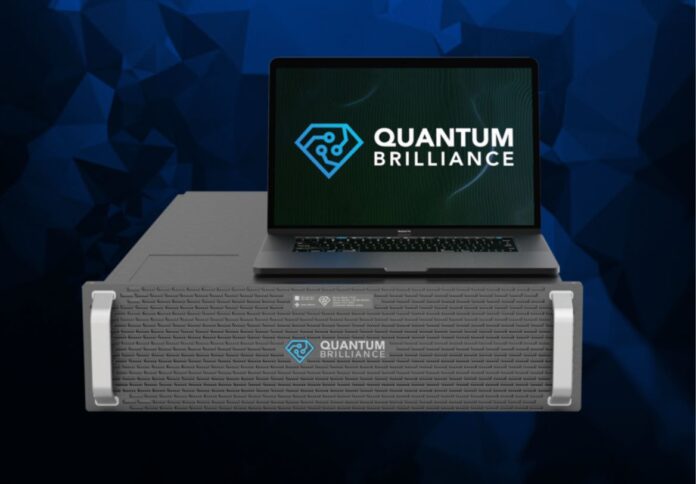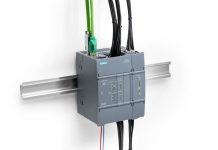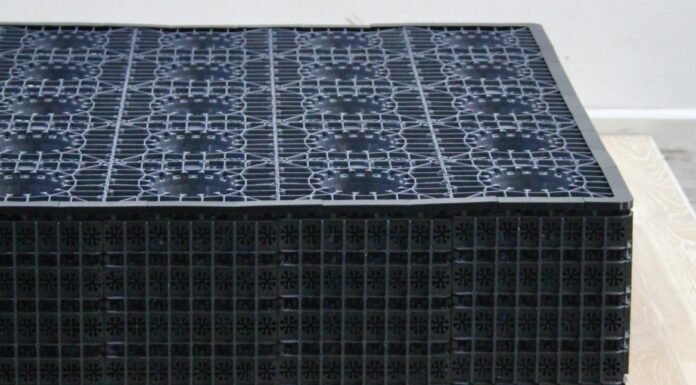
Germany’s Cyber Agency has awarded a contract to Australian-German company Quantum Brilliance and ParityQC to develop what it claims as the world’s first mobile quantum computer by 2027.
The project, valued at €35 million (AUD 57.5 million), is part of a national initiative to advance Germany’s technological leadership in defence, security, and civilian applications.
The strategic partnership between Quantum Brilliance, a leader in miniaturised quantum computing, and ParityQC, a quantum architecture specialist, was one of three winning bids selected by Agentur für Innovation in der Cybersicherheit GmbH (Innovation in Cybersecurity).
The initiative seeks to push the boundaries of quantum computing, bringing its benefits to mobile environments, Quantum said in a news release.
“The potential of a quantum mobile computer is enormous for defence and cybersecurity in Germany and allied nations, and we believe our technology is the perfect fit for fulfilling the goals of this project,” said Mark Luo, co-founder and CEO of Quantum Brilliance.
Quantum Brilliance brings its expertise in miniaturisation, utilising nitrogen-vacancy (NV) centres in synthetic diamonds as qubits.
This allows for room-temperature quantum computing that is compatible with traditional semiconductor technologies.
ParityQC, on the other hand, is focused on developing a quantum architecture and operating system designed for highly scalable NV-center quantum computers, which is crucial for mobile applications.
“We believe that the partnership with Quantum Brilliance puts us on a path to developing the world’s first mobile quantum computer,” added Wolfgang Lechner and Magdalena Hauser, Co-CEOs of ParityQC.
“Our architecture will enable processing of larger algorithms faster and with a reduced error rate, which is key to mobile development.”
The mobile quantum computer will have wide-ranging applications, including performing complex simulations directly in the field, rather than relying on data centres or cloud access.
This capability will be particularly valuable in defence and national security, where it could optimise troop movements, analyze battlefield scenarios, and simulate chemical or biological agents in real-time.
“Mobile quantum technology will enable powerful computations in environments not possible with classical computers,” said Mark Mattingley-Scott, Chief Revenue Officer and EMEA General Manager for Quantum Brilliance.
“The technology will not only enhance defence and cybersecurity but will eventually benefit applications in scientific research, supply chain management, and finance.”
Cyberagentur is showcasing the winning bids at an onsite event today, where representatives from Quantum Brilliance, ParityQC, and other project winners will present their research and development strategies.


















